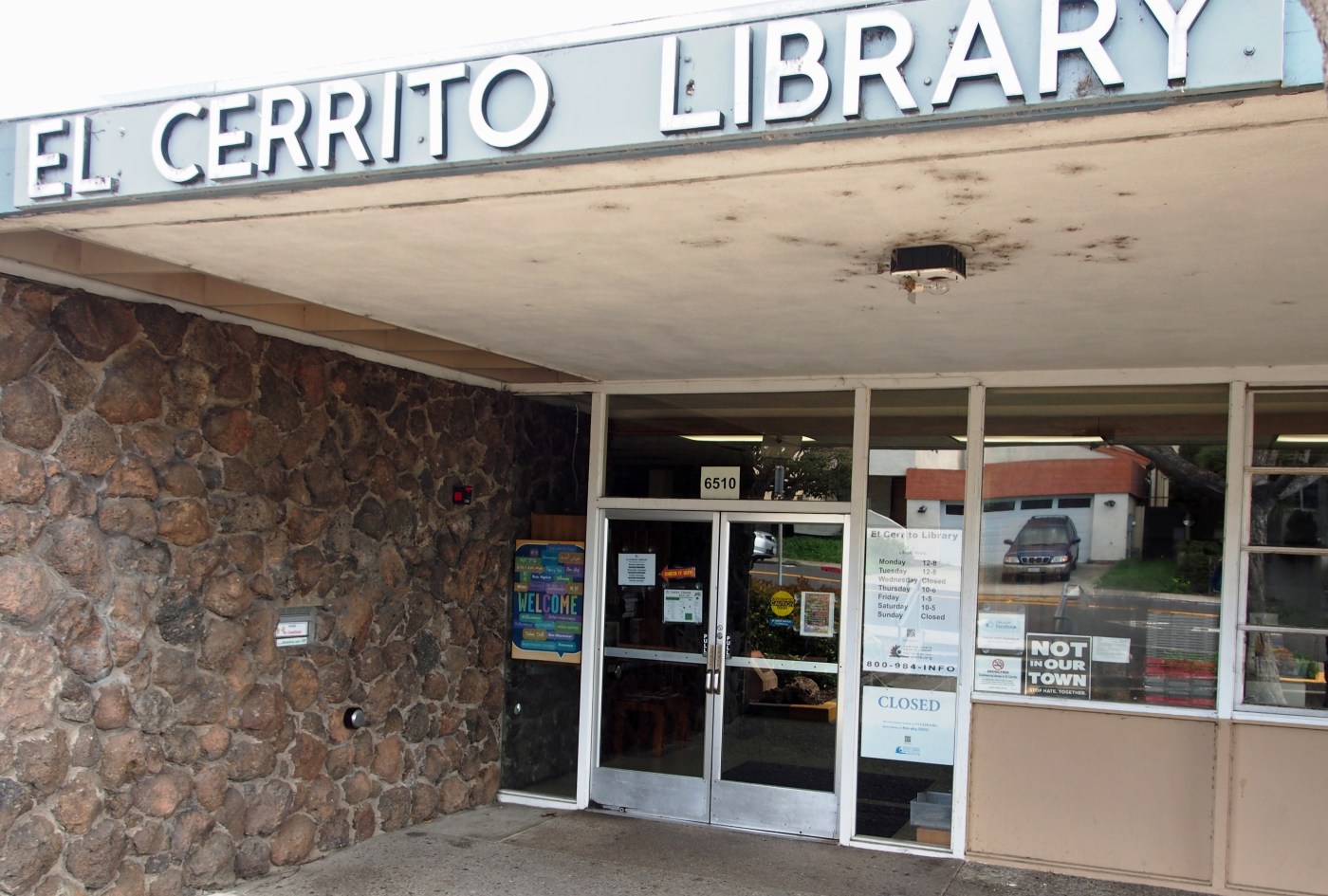PLEASANTON — Sheryl Lawless spent months in 2023 chasing Kenneth Mattson around.
The Sonoma-based businessman, she says, owed her $25,000 for selling her father’s prized possession — a 1971 Datsun 240z — through his Pleasanton car consignment shop.
Fed up, she filed complaints against Mattson with the Alameda County District Attorney’s Office and the California Department of Motor Vehicles. Only then did she get her money, but the ordeal still gnawed at her.
When Mattson’s Specialty Sales Classics closed last year, she said she sat back and watched “the beginning of the end” for Mattson. Then, last month, the federal government swooped in and arrested and indicted Mattson on a slew of charges.
“It took a while,” the Pleasanton resident said, but she now counts herself among the numerous victims relieved to see a man accused of rampant fraud facing justice.
“I’m glad that it happened,” she said recently at her Pleasanton home. “I’m in a happier place. I was really pissed off about what he put me through.”
Mattson is now accused of running a Ponzi scheme through multiple businesses; after opening the first in 2002, he received over $10 million in startup capital from at least 19 original investors. Long accused of defrauding people in the Sonoma and Napa area, the indictment claims, Mattson scammed at least $24 million out of at least 75 victims, but people with losses could number in the “hundreds,” according to authorities.
Specialty Sales, which also had locations in Fairfield and Benicia, is not mentioned in the federal indictment, but it had been the subject of Better Business Bureau complaints over late or defaulted payments.
Nine such complaints were filed with the bureau between September 2021 and March 2024; all of them allege that the consignment shop failed to make payments within 30-60 days of sale and detail examples of the owner not returning phone calls, according to the Santa Rosa Press Democrat.
An employee who spoke with the news outlet said Mattson took a hands-off approach to the business — except when it came to the money — and estimated that “more than $500,000 is owed to people for cars that they have brought in to sell.”
Records show single debts run as high as $95,000 for a Corvette sold four years ago. It’s unclear if any of the complaints were resolved, the Press Democrat reported.
Though shuttered last year, the shop on First Street near downtown Pleasanton is still emblazoned with the Specialty Sales log. When it was open, it housed a variety of vintage, modern and exotic cars, from Mustangs to Camaros, Lamborghinis, Firebirds, Corvettes and more.
“The guys who worked there were awesome. I don’t hold them responsible,” Lawless said. “They were embarrassed. I really felt for them.”
But for weeks after her car — painted silver with a black stripe and red leather interior — sold, the workers kept telling her that only Mattson touched the money and that such delays in payment happened frequently, she said.
In her struggle to get paid, she started researching Mattson more intently. She began to find news articles and online reviews railing against his businesses, including reviews of both Specialty Sales and his real estate company, LeFever Mattson.
But when Mattson finally paid her, she said, he still required her to pay a small wire transfer fee – something she sees as a slight.
“I’m glad that it’s hopefully going to be coming to an end,” Lawless said. “I’m glad that I got my money, but it’s really small potatoes compared to what he did to them.”
Sheryl Lawless, left, and her brother Jim Lawless talk one another from the porch of her home in Pleasanton, Calif., on Wednesday, June 4, 2025. Lawless fought for a $25,000 payment for her late father’s 1971 Datsun 240Z, which she sold through the Specialty Sales Classics car consignment shop in Pleasanton in 2023. Specialty Sales Classics’ former owner, Kenneth Mattson, a Sonoma real estate investor, was federally indicted last week on several counts of wire fraud and other charges related to a supposed Ponzi scheme he operated through his real estate businesses. (Ray Chavez/Bay Area News Group)
One witness, a 50-year-old Sonoma woman who filed testimony in federal court records against Mattson, said her father, Robert Rhoads, continued to invest large sums of money with Mattson almost until his death in February 2024.
“The worst part is that my dad admired and trusted Mr. Mattson,” she wrote in court records. “He gave him every penny he had almost up to the day he died because he trusted that Mr. Mattson had his financial best interest in hand.”
Rhoads even discussed giving another $100,000 from his deathbed to Mattson to invest, without knowing the fortunes he invested with Mattson were never fully on the books, according to court records.
Another 75-year-old retired victim wrote that they are returning to the workforce, after investing over $1.5 million with Mattson, “not knowing he was using my investments for his own benefit.”
“Now I face going back to work, checking every nickel and dime I spend, and selling my belongings to make ends meet. I am typically an optimist in life but this has impacted me in ways as never before,” they said in court documents. “He needs to face the consequences of his actions.”
Many of Mattson’s victims in court documents shared stories of steady checks coming in at first from Mattson, noting they were “reassured” their money was safe with him. Then all of a sudden the checks stopped coming and they stopped hearing from Mattson. Several victims had emptied their retirement funds to invest with Mattson, and were left to fend for themselves with little money left to scrape by.
Mattson, 63, is a Sonoma resident with a wife and four children, with some grandchildren, according to court documents.
Prosecutors argued in court after Mattson’s May 23 court appearance that he was a flight risk because of his “access to untraceable or unknown assets,” such as large sums of cash, including over $9,000 found in his vehicle when he was arrested.
The federal indictment also alleges Mattson began deleting “thousands of files” from his records after finding out in April 2024 that the Securities and Exchange Commission was investigating his businesses.
Mattson’s lawyers were adamant in court records that he should be allowed to post bail and that the court is treating him differently than other similar defendants accused of “worse fraud.”
“At this point, the allegations against Mr. Mattson are just that – allegations,” Mattson’s attorneys wrote in court documents. “The government already has gotten a number of facts wrong.”





